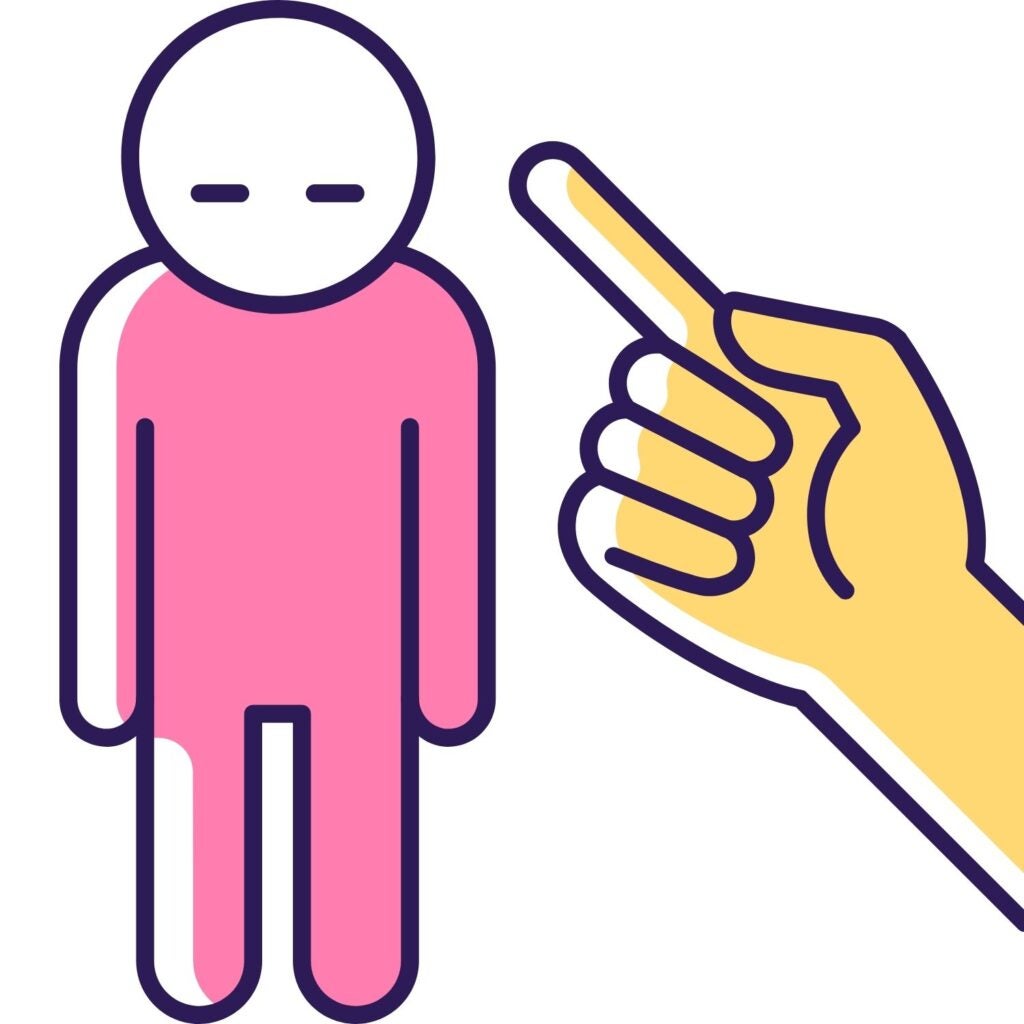Truth, Reality, and Post-Truth: A Journey Through Words By Andrew Peacock

Posted in 2021 The Gnovis Blog | Tagged CCT, communication, dystopia, fact, keyword, post-truth, reality, truth
If you had to choose one keyword, term, or phrase to describe your interests, what would you choose? I chose the word: Post-Truth — but it took a long time to get to this point.
For all Communication, Culture, and Technology (CCT) Master’s students at Georgetown University, you’ll know what I mean. For those who don’t, every soul that strolls through the program is asked to explore an idea; this idea, then, must funnel into a single keyword.
The First Word
In the beginning of this semester, I would have given a fine answer: Reality. The term carries with it images of wormholes from the 2014 Christopher Nolan movie, Interstellar. It echoes the alternate world of Suzanne Clarke’s novel, Piranesi. It signals the reality stone from Marvel’s The Avengers: End Game. Or perhaps could reference Matt Haig’s novel, Midnight Library. Reality is a tool to think about the world in new and exciting ways, but also in ways that may be more dystopian.
In reality, the term is even larger than I anticipated.

The Second Word
In scope, the term reality encompasses a multiverse of meanings. Reality references virtual reality, political reality, social reality, ontology, augmented reality, existentialism, or reality TV. The phrase, “in reality”, is used to denote the true scope of things. There’s objective reality, subjective reality, and it translates to Latin as “relative to things”. If you haven’t caught my drift yet, it was difficult sifting through this data, like searching for a word in a pile of paper shreddings. The landscape of the word reality is a mountain range of ideas, branches of knowledge, and fields of madness. So, guess what my next choice was? Truth.
Video link: https://twitter.com/entertainmentIE/status/553258653508071424
To say the least, it was difficult for me to narrow things down. There are loads of interesting ideas out there. Having been an English major — where I learned about the massive range of ideas that sit behind words — didn’t help my prospects. Narrowing down your favorite book into a word is difficult, but narrowing down all of your interests?
The Final Word
Finally, I converged upon the term Post-Truth.
Post-Truth is a term that has become increasingly relevant in today’s world, denoting an increasingly prominent belief in facts that affirm one’s own reality based upon emotion, as opposed to the dominant reality of one’s greater society.
“To say of what is that it is not, or of what is not that it is, is false, while to say of what is that it is, or of what is not that it is not, is true”
A definition of truth (Aristotle 1908)
The term most obviously derives from the term, truth, having roots from the earliest years of historical record as defined by Aristotle: “To say of what is that it is not, or of what is not that it is, is false, while to say of what is that it is, or of what is not that it is not, is true” (Aristotle 1908).

So, truth is meant to set the boundaries of what is and what is not, thereby clarifying the boundaries of reality itself. And so, the truth-tellers who help to define that reality, at least in the context of the United States, are understood as scholars, experts, doctors, or those with degrees from accredited institutions of learning.
The term, truth, becomes even more intriguing when the prefix, post-, is added onto it. The prefix, post- (as of the 20th century) indicates an irrelevance of the word that follows it. And so, in the case of post-truth, the prefix defines “a time in which the specified concept [truth] has become unimportant or irrelevant’” (Oxford Languages).

How can truth be so elusive?
What do we make of this? The term is most applicable when someone is confronted with information that would serve as evidence against their beliefs, but then they believe otherwise. This is because that information does not coincide with the person’s current idea of reality.
My keyword, post-truth, denotes an increasingly alarming issue during which people find truth and reality within their own emotional qualifications and communities, ignoring the supposed truth-tellers of society.
READ ALSO: Mobilizing the Mob, Moving the Markets
So what makes truth different from lying?
In the wise words of Friedrich Nietzche: “The liar uses the valid designations, the words, to make the unreal appear real; he says, for example, ‘I am rich,’ when the word ‘poor’ would be the correct designation” (Nietzche 2)
In other words, the liar attempts to falsify information, whilst knowing which information is correct, and which is incorrect.
How does post-truth actually occur?
Lee McIntre, author of Post Truth, has one answer:
“I think of post-truth as a tactic that’s used by authoritarians and their wannabes to control the flow of information so that they can then control the populace. It’s intended not just to corrupt our belief in some specific thing that’s true, but really to undermine the idea that we can know truth outside of political context” (McQuilkin & Chakrabarti 2020).

So yes, it’s been around before. But it doesn’t only require authoritarian use; the same tactic can be used at any stage, such as in news media, on television, in a family unit, or on any platform with a listener base.
But what about today makes these events so unique?
“The extreme political partisanship, married to the social media, married to how quickly misinformation and disinformation can get out there, I think makes this sort of a unique challenge of our time…It’s new, at least in the American experiment.” (McQuilkin & Chakrabarti 2020)
READ ALSO: Post-Truth Politics and Why The Antidote isn’t Simply ‘Fact-Checking’ and The Truth
It is not only crucial for us all to make sure our sources are correct and ethical when finding information and evidence for our beliefs. It is also important that we are open to sharing and discussing the information we find with others, and staying as open as we can to new ways of thinking about that information. That is how we combat the post-truth threat.
“In times of universal deceit, telling the truth will be a revolutionary act.”
(Orwell 2020, 1)
Connect with Andrew:
References
Aristotle [1]. Metaphysica. (Works, vol. VIII.) English translation by W. D. Ross. Oxford, 1908.
Heit, Helmut (2018). “There Are No Facts …’ Nietzsche as Predecessor of Post-Truth?”. Studia Philosophica Estonica. 11 (1): 44–63 – via academia.edu.
McIntyre, L. C. (2018). Post-truth. MIT Press.
McQuilkin, H., & Chakrabarti, M. (2020, February 27). Part IV: Are we living in a post-truth world? Part IV: Are We Living In A Post-Truth World? | On Point. Retrieved December 13, 2021, from https://www.wbur.org/onpoint/2020/02/27/part-iv-post-truth.
Nietzsche, F. (1873). On truth and lie in an extra-moral sense. KTH . Retrieved October 25, 2021, from https://www.kth.se/social/files/5804ca7ff276547f5c83a592/On%20truth%20and%20lie%20in%20an%20extra-moral%20sense.pdf.
Orwell, G. (2020). 1984. Houghton Mifflin Harcourt.
Oxford Word of the year 2016. Oxford Languages. (2016). Retrieved October 31, 2021, from https://languages.oup.com/word-of-the-year/2016/.
